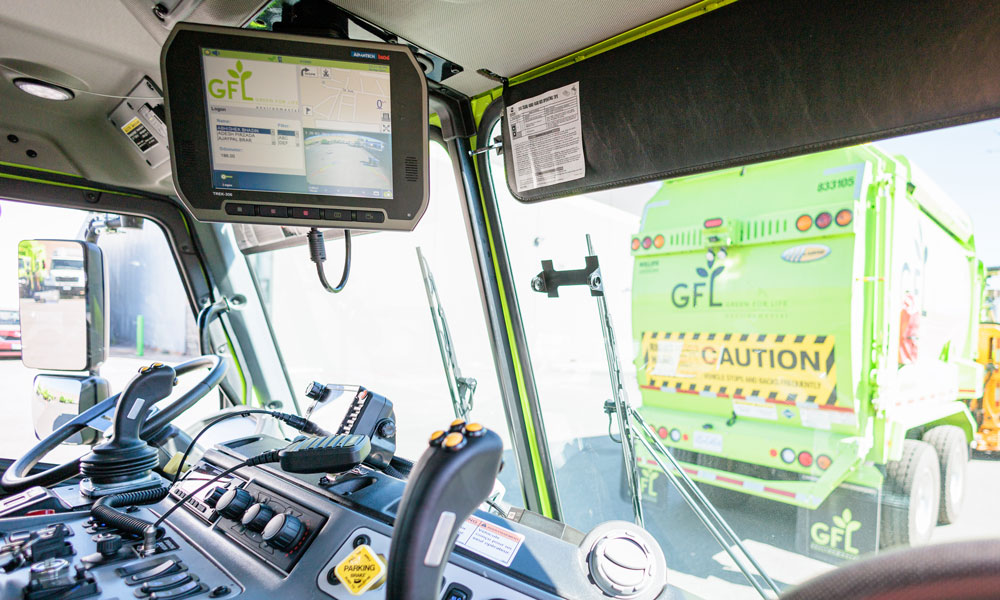Advocating for a Smart Fleet Management System (Part 2 of 3)
Written by:

Don Diego Padilla II
A waste industry fleet management veteran for over 30 years, Don Diego Padilla II is Vice President of Sales at Safe Fleet Waste & Recycling, where he spearheads business and customer development activities.
Written by:

Don Diego Padilla II
A waste industry fleet management veteran for over 30 years, Don Diego Padilla II is Vice President of Sales at Safe Fleet Waste & Recycling, where he spearheads business and customer development activities.
How to champion sustainable change in your waste management organization.
Realize Greater Operational Efficiencies and Improve Sustainability.
PART 2 of 3
In a previous post in this series, we talked about the search for the right smart fleet system and how these systems improve fleet safety.
In the following post, we’ll continue the discussion by covering how to achieve greater operational efficiencies and improved sustainability.
Realize Greater Operational Efficiencies
A smart fleet management system positively impacts your operation from dispatch to maintenance, through to billing and administration. Here are some specific examples:
- Driver and Administrative Labor
ROI analysis confirms a reduction in daily administrative paperwork, office support, driver route times, and improved route efficiency.
Results vary based on company fleet size, routes, customers, and other operational data, however, research estimates savings in this area can span from $2,500 to more than $5,000 in annual cost improvements for every truck.
- Vehicle Maintenance
Research in this area estimates that monitoring and managing driving and braking patterns for improved driving practices and reduced idle times results in savings and improvements of up to $2,000 per truck annually.
- Fuel Consumption
Monitoring and managing idling percentages and speeding infractions, and access to insight that enables a reduction in the amount of unnecessary travel can save your operation money.
Research estimates your fleet’s projected annual savings on fuel consumption per truck to be as high as $1,500.
- Service Delivery
The “goodwill benefits” that come from satisfied customers are hard to quantify. However, the revenue impact of reducing missed pickups and increasing service delivery are easily demonstrated.
Additional roll-off benefits and extra commercial revenues can be calculated to show potential bottom-line impacts to your fleet operations.
Take Efficiency to a New Level with a 360° View, Smart Displays and Management Dashboards
Up to 8 cameras can be installed on a truck to provide a more comprehensive view of incidents and service data. Evidence captured from these cameras is automatically recorded by the onboard DVR and viewed using an in-cab smart display.
The benefits to waste fleet managers are compelling:
- An improved ability to make the right decisions — A visual presentation of performance measures lets you identify trends in driver behavior, track vehicles and service performance, and measure efficiencies.
- A better optimized organization — By working from a universal set of metrics, all internal functions can track to a single set of organizational goals and performance.
- Increased operational efficiencies — Save time by running one comprehensive report, gain total visibility into all fleet information, better manage routes and drivers, and respond faster to customer service issues.
- Respond to issues faster — Rapid detection and identification of problem areas, means better exception management from drivers to vehicles and routes.
Green it Up – Boost your Sustainability
The implementation of a smart fleet management system supports a leaner and greener fleet by improving fuel consumption, reducing overall mileage, and reinforcing greener driving behaviors. For example:
- Improving fuel consumption
Fuel costs account for a major portion of your total fleet operating cost and vary according to vehicle type, driving style, and mileage.
A smart fleet management system can reduce fuel consumption and carbon footprints by optimizing each truck route to reduce time spent on the road, engine hour outputs and vehicle runs per day. System alerts flag excessive driving patterns and aid in coaching for better behaviors. Alerts can also help a fleet manager address vehicle maintenance issues so repairs can occur before problems arise. The end result: greater vehicle uptime.
- Reducing overall mileage
Fleet management systems provide automatic turn-by-turn driving directions to the driver and automatically recalculate the route when a driver selects an out-of-sequence manual stop. This ensures each route is optimized for time and distance, and reduces overall mileage.
- Supporting driver excellence
Best driver behavior is fundamental to gaining fleet efficiencies. Even the most fuel-efficient vehicles will perform poorly with an inefficient driver behind the wheel.
Fleet mapping and monitoring tools provide the insight fleet managers need to work more proactively with drivers to ensure and reinforce better driving behavior.
Written by:

Don Diego Padilla II
A waste industry fleet management veteran for over 30 years, Don Diego Padilla II is Vice President of Sales at Safe Fleet Waste & Recycling, where he spearheads business and customer development activities.



